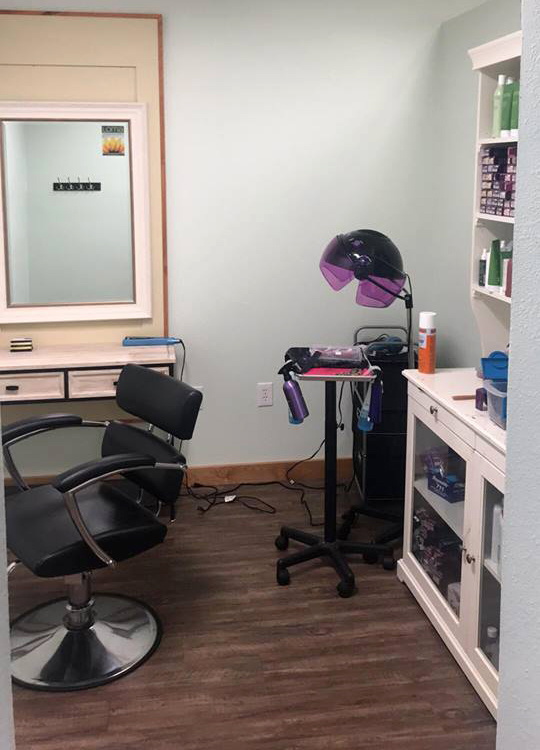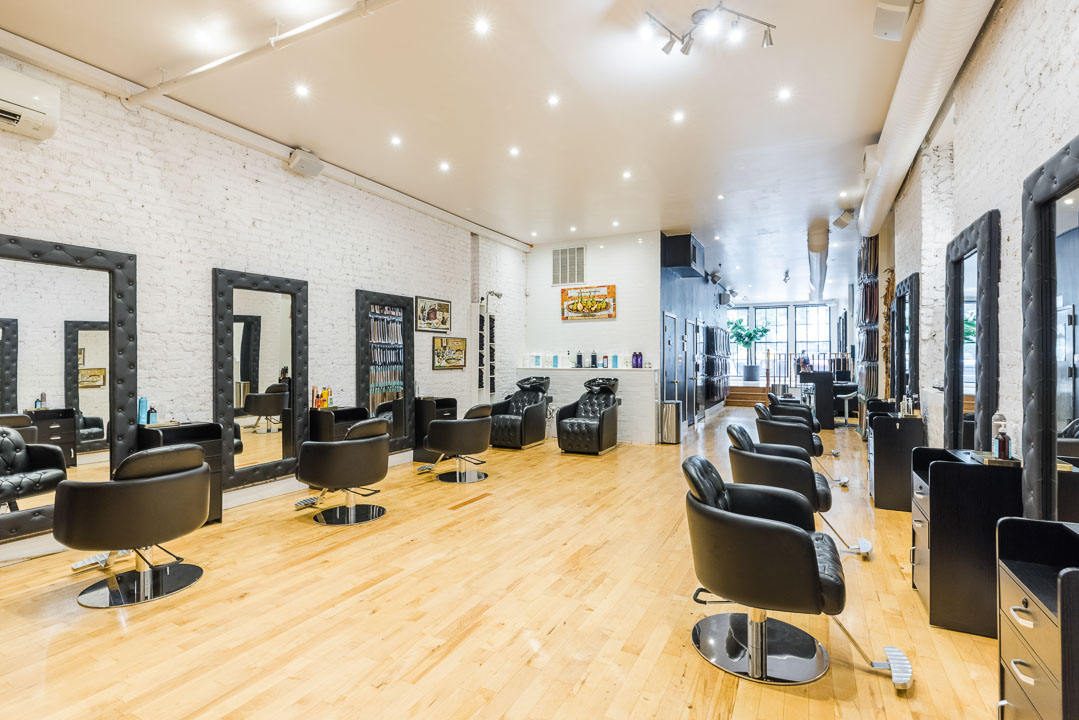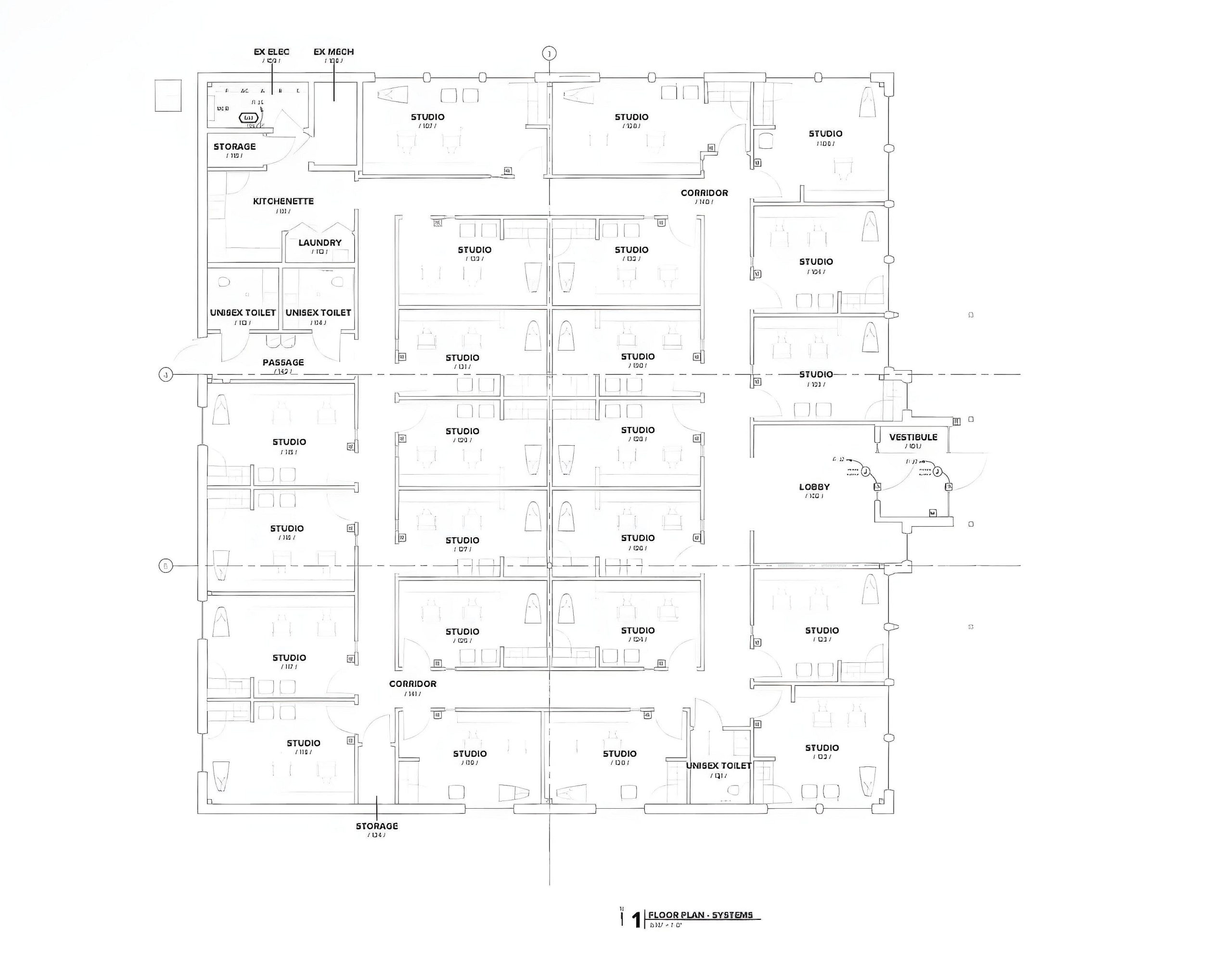Roomy Hair Salon Suites for Rent: Expand Your Brand
Roomy Hair Salon Suites for Rent: Expand Your Brand
Blog Article
Strategic Choices: Evaluating the Advantage of Renting Versus Owning a Beauty Salon Area to Maximize Long-Term Success and Financial Viability
When it comes to establishing a beauty salon company, among the essential choices that owners need to very carefully consider is whether to rent out or own the space in which they run. The selection in between leasing and owning a salon area can have a significant effect on the lasting success and monetary health and wellness of the organization. Factors such as operational adaptability, economic implications, and financial investment potential play an essential role in this calculated decision-making procedure. By checking out the advantages and drawbacks of each option, salon owners can make educated selections that align with their company objectives and aspirations.

Advantages And Disadvantages of Leasing
When considering the decision in between leasing a salon area or having one, it is necessary to evaluate the pros and cons of leasing to make an educated selection. One key benefit of renting a beauty salon space is the versatility it provides. Leasing allows beauty salon proprietors to check various locations or upscale their business without the dedication of a lasting home mortgage. Additionally, leasing commonly includes less in advance costs, making it a more easily accessible option for brand-new beauty salon proprietors or those with budget plan restrictions.

Financial Aspects to Take Into Consideration

Thinking about the monetary ramifications of leasing a beauty salon room versus having one is crucial for making an educated business choice. When assessing the monetary factors, it is critical to assess the preliminary prices linked with each alternative. Leasing a beauty parlor area normally requires a down payment and month-to-month rent settlements, whereas having entails a deposit, mortgage repayments, property tax obligations, and upkeep expenditures.
Furthermore, the lasting monetary effects differ in between renting out and having. On the other hand, owning a hair salon space provides prospective equity growth and the possibility to construct assets.
Leasing might offer lower in advance prices, allowing you to designate even more resources to advertising and marketing and company development. Assessing these monetary variables comprehensively will aid you make a tactical choice that optimizes your salon's lasting success and financial viability.
Operational Versatility and Control
Optimum functional performance plays an important duty in figuring out the equilibrium between adaptability and control when choosing in between renting out and owning a beauty parlor room. Renting out a beauty parlor area supplies intrinsic flexibility as it enables for simpler modifications to changing market problems, client choices, or company demands.
On the various other hand, possessing a hair salon area supplies a greater sense of control over the residential or commercial property and its operations. Proprietors have the freedom to customize the space to their preference, apply lasting strategies without the threat of lease terminations, and possibly build equity gradually. Nonetheless, ownership likewise includes duties such as residential or commercial property upkeep, insurance policy, and real estate tax, which can influence the overall monetary dedication.
Inevitably, Hair salon the decision between leasing and having must think about the preferred degree of operational flexibility and control that aligns with the salon's long-term objectives and vision.
Investment Possible in Possession
Given the operational factors to consider gone over previously, exploring the financial investment capacity in salon possession drops light on the financial ramifications and long-term benefits that come with owning a hair salon space. Hair salon ownership provides a distinct opportunity for business owners to construct equity and possessions over time. By buying a beauty parlor area, owners have the potential to profit from residential property gratitude, which can act as a valuable possession over time. Additionally, owning a salon provides stability in terms of set home mortgage settlements, using predictability in economic planning contrasted to fluctuating rental prices.
Moreover, possession permits better control over the room, making it possible for owners to customize and tailor the beauty parlor to their certain brand name and vision without the restrictions usually imposed by property managers. This level of control can boost the total client experience and brand identity, potentially resulting in boosted customer retention and service development.
In terms of financial investment potential, having a salon space can also open opportunities for extra earnings streams, such as leasing extra area to other beauty specialists or including retail sales within the beauty salon. Barbershop. These varied revenue sources can contribute to the overall economic wellness and sustainability of business
Long-Term Security and Development
With a concentrate on sustainability and expansion over time, developing lasting stability and cultivating development are pivotal elements of beauty salon possession. To make sure long-term stability, beauty parlor owners have to very carefully consider variables such as area, market patterns, and monetary preparation. Choosing in between renting out and having a beauty parlor area plays a considerable duty in identifying business's development capacity.
Renting out a beauty parlor room offers adaptability and lower initial prices, enabling owners to assign resources in the direction of improving solutions and marketing initiatives. By owning the room, hair salon owners have more control over tailoring the residential or commercial property to match their brand name and can profit from long-lasting asset growth.
Ultimately, the decision in between leasing and owning a hair salon area should straighten with the proprietor's long-lasting organization objectives and monetary goals. Whether prioritizing adaptability or equity building, a calculated strategy to building ownership can considerably impact the beauty salon's stability and growth trajectory.
Conclusion
In verdict, the choice between renting and having a hair salon area needs a cautious analysis of economic aspects, functional flexibility, financial investment potential, and long-term stability. Both alternatives feature their own collection of benefits and downsides, and it is important for salon owners to weigh these variables to maximize long-lasting success and economic feasibility. Hair salon. Inevitably, the choice between renting and having should be based on an extensive analysis of private service goals and scenarios
Report this page